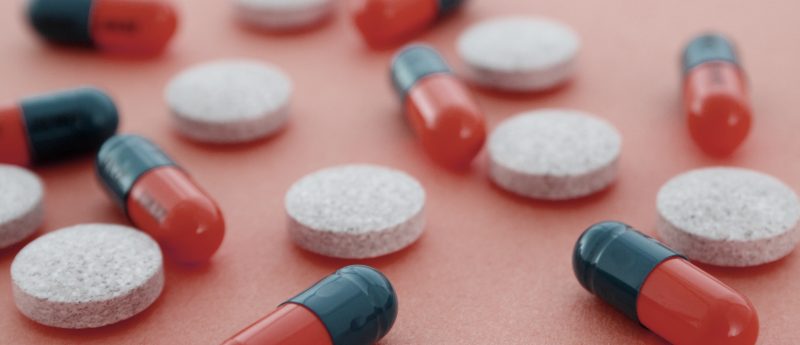WHO to introduce a new pilot scheme for prequalifying biosimilars

Earlier this month, WHO (Geneva, Switzerland) announced plans to include biosimilars as part of their current prequalifying scheme; a service that ensures the quality, safety and efficiency of particular therapeutic agents. This means they can be procured by charities to address global public health, especially for lower income countries where expensive drugs are not readily available.
During the 2 day meeting held in Geneva, Switzerland, the aims of the project were identified between WHO and a number of industry experts, policymakers and regulators. Starting from September 2017 manufacturers will be invited to submit biosimilar versions for prequalification of two established cancer treatments,: rituximab and trastuzumab. This will identify if the biosimilar matches up to the original therapeutic in terms of safety and quality.
Since biosimilars are often far less expensive than the reference therapeutic, it makes it possible to increase the availability of treatment for countries with less resources, meaning that more people can have access to the medication.
Speaking on the scheme, WHO Assistant Director General for Health Systems and Innovation, Marie-Paule Kieny commented : “Innovator biotherapeutic products are often too expensive for many countries, so biosimilars are a good opportunity to expand access and support countries to regulate and use these medicines.”
“Biosimilars could be game-changers for access to medicines for certain complex conditions,” added Suzanne Hill, WHO’s Director of Essential Medicines and Health Products. “But they need to be regulated appropriately to ensure therapeutic value and patient safety.”
It is hoped that the introduction of this scheme and the increase in competition will also spur the pharmaceutical market to reduce prices further, ensuring fairer prices for developing countries.
Source: WHO press release www.who.int/mediacentre/news/releases/2017/pilot-prequalification-biosimilars/en/
